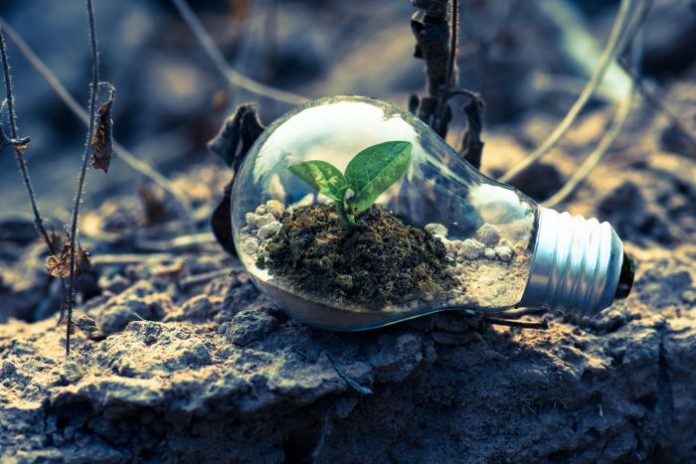
On 1st July the “automatic” payment of the bonus to compensate the expenses for the supply of electricity and gas incurred by families in a situation of economic hardship began (with ISEE not exceeding 8,265 euros or, in the case of families with more than three dependent children, not exceeding 20,000 euros). To receive the bonus, the interested party must present the Dichiarazione Sostitutiva Unica (DSU) for the purpose of calculating ISEE. Once it has been verified that the ISEE falls within the pre-established thresholds, INPS – in compliance with personal data protection regulations – sends the necessary information to the Integrated Information System managed by Acquirente Unico S.p.A., which, in turn, intercepts the electricity and gas suppliers of those entitled.
Suppliers are required to apply the discount in the first bill after 1 July, for an amount including any allowances accrued in the previous six months of 2021. The amount of the discount varies according to the number of members of the household. Specifically, for electricity, the amount of the bonus can vary from a minimum of €128 to a maximum of €177 per year. For gas, on the other hand, the amount varies depending on the climate zone and the type of use (for heating rather than hot water or cooking) and can range from a minimum of 30 euros to a maximum of 245 euros per year.
The operation of the automatic mechanism for disbursing the electricity and gas bonus simplifies the procedure for obtaining the benefit itself, which had already been in place since 2008, but met with the limitation of requiring the consumer to be “proactive”, being required to take personal action to submit the application for the benefit and to renew it from year to year. As a result, until 2020, only one in three potential beneficiaries actually enjoyed the benefit. A real revolution, therefore, capable of marking a decisive step forward in the fight against energy poverty, ‘exploiting’ the potential of existing databases and digital infrastructures.



































